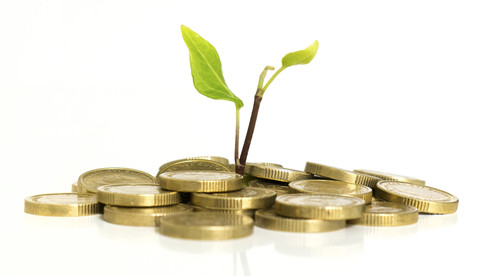[ad_1]

With the Covid-19 pandemic crisis, Europe needed the biggest ever-financial solidarity in Europe.
Once nicknamed the “European bazooka”, the €672.5bn of the Recovery and Resilience Facility became a powerful sign that solidarity is back at the heart of Europe.
This money is to help people and enterprises affected by the crisis, to make our Union stronger and more resilient, to reform, to stay competitive, to become more modern, digital, and greener.
It gives the member states a great opportunity through its €312.5bn in grants and €350bn in loans.
Nevertheless, some countries have already informed the EU Commission that they do not intend to use these long-term loans, at very low-interest rates, in their Recovery and Resilience Plans.
For example, the Recovery and Resilience Facility gives Portugal access to over €15bn in loans – but the Portuguese government only intends to use €2.699bn.
The reasons for such restraint cannot be found alone in the country’s excessive public debt. It lies furthermore on a national recovery plan that disregards the private sector, particularly the Portuguese SMEs.
This can be a very costly mistake.
The ‘European bazooka’ loans could be used for the solvency of SMEs.
In addition, it would be very useful to make these financial resources available for companies to invest: the governments would only assume the risk of default. The interests and amortisations would be borne by the companies.
For this purpose, development banks, the European Investment Bank, and the new InvestEU programme– are fundamental.
The European Parliament will vote this week the compromise reached with the member states on the InvestEU programme.
Once it is operational, we foresee InvestEU to mobilise at least €372bn in sustainable infrastructure, research and innovation, support for SMEs and in the social area.
InvestEU comes with new features: the member states can use a national InvestEU compartment to support projects in the above-mentioned areas and to capitalise SMEs, namely in the fields of tourism and hospitality.
InvestEU pools 14 EU financial instruments under one roof.
This adds efficiency and reduces bureaucracy. It will be an excellent tool for creating jobs and will be an essential part of the European response to the pandemic.
Better return on investment
By targeting higher-risk innovation projects and SMEs, with greater focus on EU policy objectives, InvestEU will carry a slightly more conservative multiplier effect of 11.4, rather than the 15x of its “predecessor” Juncker plan.
That means that every public euro mobilised through InvestEU generates €11.4 of total investment.
So, if a member state wishes, there is the possibility of placing four percent of the amount of the envelope of the Recovery Fund and five percent of the funds of the Cohesion Policy in the national compartment of InvestEU.
This is of great use to the Member States.
This means that, with just over €2bn of these two envelopes of European funds in InvestEU, Portugal could mobilise over €22bn to finance other public and private investments.
Even bazookas miss their targets if not handled correctly, and InvestEU is an opportunity that the EU member states should not miss.
[ad_2]
Source link